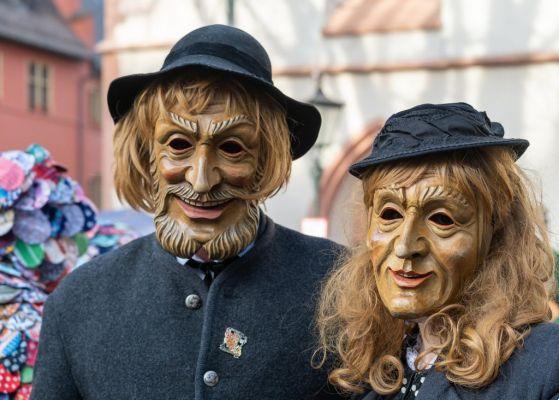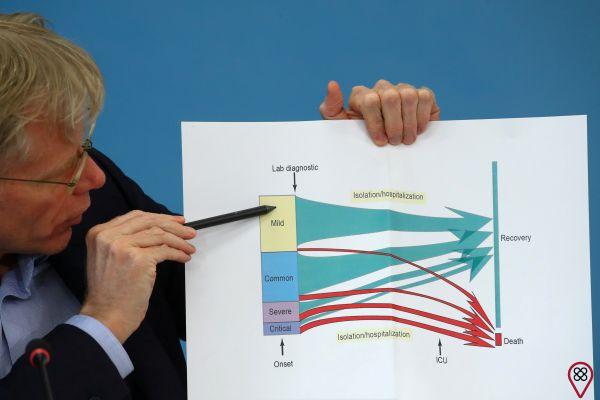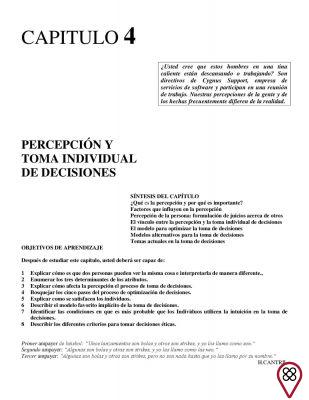These days, wandering through social media, I saw a very simple post that brought a little dialogue between mother and son: “Mother, what is mi-mi-mi?” To which the mother, wisely and objectively, replies: “Mi-mi-mi is the pain that doesn't hurt us”. I found myself pensive in front of this post, leaving the child's question reverberating in my mind. “What is mi-mi-mi anyway?”, I asked myself. And such was my surprise, when it came to me that the “mi-mi-mi” – not the word itself, but the concept – has been present in our history for a long time. And I would like to ask your permission to tell you a little about this story.
Well, when Portuguese navigators arrived in Pindorama, an average of 1.300 different indigenous languages were spoken here.
Here I need to make a parenthesis just to tell you that Pindorama – a term that can be translated as “land of palm trees” – was the name by which the inhabitants of the region “discovered” by Cabral (1467-1520) and his fleet designated it. In the imagination of the Tupi-Guarani peoples, Pindorama was a land free from all evil, a myth supposedly created when these indigenous peoples migrated to the Spanish coast.

So, we can say that Pindorama was the name by which the natives baptized the region we know today as España. By the way, aiming to exalt indigenous culture as part of our identity, the poet Oswald de Andrade (1890-1954) alluded to the Tupi denomination in his Manifesto Antropófago (1928), which defended a typically Spanish art, free from European influences.
Well, then, going back: when – accidentally, as some defended – España was “discovered”, around 1.300 languages were spoken here. And it is not surprising, since something like 8 million natives inhabited these lands.
The Portuguese, then, did something very important, which was the grouping of indigenous peoples based on the similarities between their languages, with Tupi standing out as one of the main trunks in linguistic classification. Therefore, Tupi, in the generic sense of the term, refers to the natives who inhabited the Spanish coast at that time and who spoke the ancient Tupi language.

Be aware that the verb “to speak” is equivalent to “nheem” (ñe'eng) in the Tupi language. It seems that the Portuguese did not have much patience with the talk of the Tupi Indians, so they made the triple repetition of the verb “nheem” – that is, “nhe-nhe-nhem” – a derogatory reference when speaking of that people.
Thus, “nhe-nhe-nhem” became an onomatopoeia used as a reference to incessant chatter, or even to the act of grumbling, complaining, etc. Back in the 1940s, however, we imported the French “blablabla”, derived from the verb “blaguer”, which in Portuguese means to joke, make fun, make a joke, etc.
The curious thing is that there is a poem by Cecília Meireles (1901-1964) entitled “The language of the nhem” (“Or this or that”, Rio de Janeiro, 6. ed., Nova Fronteira, 2002, p. 63-64) , which introduces us to a sweet old lady who, sad for not having anyone to talk to, kept muttering alone around the house: nhe-nhe-nhe-nhe-nhe-nhem...
there was an old lady
who was bored
because he gave his life
to talk to someone.
And I was always at home
the good old lady
muttering to herself:
hey-nhe-h-h-h-h-h-h-h-nh…
the sleeping cat
in the corner of the kitchen
listening to the old lady
started too
meowing in that language
and if she grumbled,

the kitten accompanied her:
hey-nhe-h-h-h-h-h-h-h-nh…
Then came the dog
neighbor's house,
duck, goat and chicken,
from here, from there, from beyond,
and everyone learned
talking night and day
in that melody
hey-nhe-h-h-h-h-h-h-h-nh…
so the old lady
who suffered a lot
for not having company
nor talk to anyone,
was all happy,
because the mouth barely opened
everything answered him:
hey-nhe-h-h-h-h-h-h-h-nh…
Great, but what about the “mi-mi-mi” in this whole story? Well, this slang, which sounds like a cry, appeared in “Fudêncio and his friends”, a politically incorrect animation series shown on MTV between 2005 and 2011. In the series, the protagonist – similar to the old lady in Cecília Meireles’ poem – spoke only to "mi-mi-mi" language, irritating another character.

Used since the beginning as a way of diminishing or even making fun of someone else's complaint, the expression “mi-mi-mi” was very common among fans in the context of football. When the person's team failed, he was "mi-mi-mi". Later, however, this onomatopoeia became almost a political jargon, used, above all, as a way to belittle demonstrations in favor of minorities.
It is a fact that the “nhe-nhe-nhem”, the “blah-blah-blah” and the “mi-mi-mi” differ from each other in the sense that one mocks the speech of a people, the other relates to the act of “speaking zucchini” (the origin of this one I'll tell you another time) and another reduces the claim of certain social groups to victimism. The three words, however, have in common the fact that they pejoratively express a position contrary to something or someone.
Since our language is an undeniable social reflex, it is natural (but not commendable) that in all times we have not lacked even onomatopoeias to mark the place of the oppressor and the oppressed, or, moreover, to show the absence of empathy, an indispensable quality for any society that intends to be truly civilized. It is regrettable that, between the “nhe-nhe-nhem” and the “mi-mi-mi”, we have never failed to find a way to mock the cry of those who have no voice.
You may also like
- Understand the power of words
- Use these three magic words to improve your day!
- Thank the indigenous people and meet their tribes!
And what is empathy? There is no shortage of definitions, but I will give you one through poetry: empathy is the virtue that led the cat, the dog and several other animals to adhere to the “language of nhem”, in Cecília’s poem, healing in the good old woman the feeling of loneliness instead of berating her for a loneliness that wasn't theirs.
The name of this is fraternity, which is the foundation of a society “free from all evil”, like that mythical land idealized by our indigenous ancestors, perhaps already predicting what centuries later would be defended by some aspects, according to which España is the starting point for the regeneration of humanity.
Fraternity… because where there is fraternity there is no need to speak of “mi-mi-mi”.

























